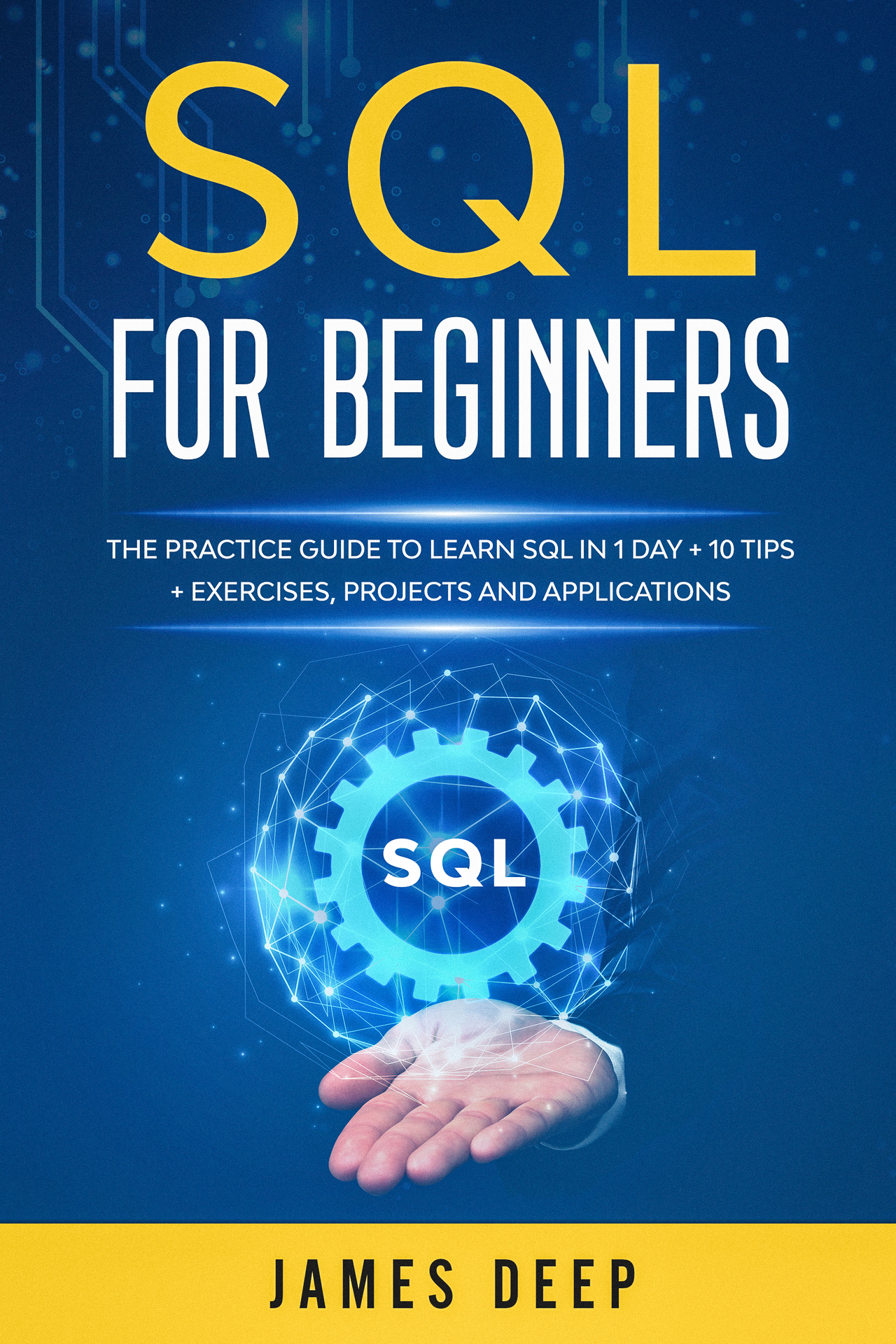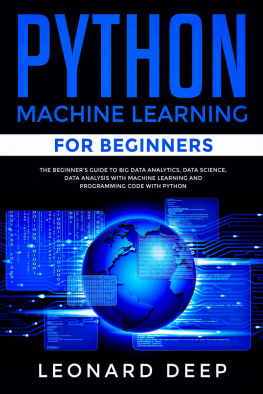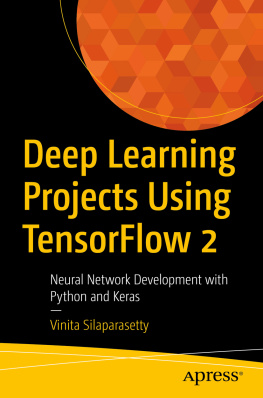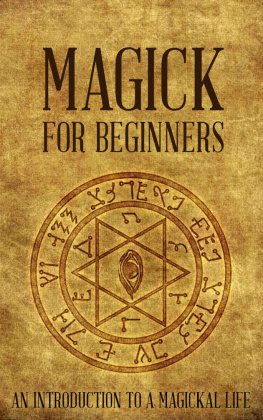SQL for Beginners
The Practice Guide
to Learn SQL in 1 Day
+
10 Tips
+
Exercises, Projects & Applications
Copyright 2020 James Deep
All rights reserved.
The content contained within this book may not be reproduced, duplicated or transmitted without direct written permission from the author or the publisher.
Under no circumstances will any blame or legal responsibility be held against the publisher, or author, for any damages, reparation, or monetary loss due to the information contained within this book. Either directly or indirectly.
Legal Notice:
This book is copyright protected. This book is only for personal use. You cannot amend, distribute, sell, use, quote or paraphrase any part, or the content within this book, without the consent of the author or publisher.
Disclaimer Notice:
Please note the information contained within this document is for educational and entertainment purposes only. All effort has been executed to present accurate, up to date, and reliable, complete information. No warranties of any kind are declared or implied. Readers acknowledge that the author is not engaging in the rendering of legal, financial, medical or professional advice. The content within this book has been derived from various sources. Please consult a licensed professional before attempting any techniques outlined in this book.
By reading this document, the reader agrees that under no circumstances is the author responsible for any losses, direct or indirect, which are incurred as a result of the use of information contained within this document, including, but not limited to, errors, omissions, or inaccuracies.
Table of Contents
Introduction
Computer languages have become more popular today since the introduction of instructions fed into machines. As almost everything now become more reliant on computers, hence is the need to learn a few things, including understanding computer SQL programming language.
The following chapters will discuss SQL programming, which is among one of the many programming languages out there. As learning the basics is critical in every course, the book highlights the fundamental essential components of SQL programming. As such, you will learn about the introduction of how to get started, including the primary definition and reasons why it is crucial. SQL programming also entails various benefits and types which will learn. Besides, the chapters provide a quick overview of server and client technology, which is also essential while learning SQL programming.
That said, learning about the introduction part puts you at the forefront of meeting your goals when taking a lesson in SQL programming. Therefore, the chapters will also discuss the basic commands commonly used. Like other programming languages, SQL programming encompasses different commands, but in this case, this book will solely focus on the basic ones to bring out the general idea. After having the necessary preparations, you will also learn about how to create your initial database as well as tables. It is also essential to learn how to put the lesson learned into practice to ascertain its applicability in the computer industry.
Chapter 1: An Introduction to SQL
Structured Query Language or SQL primarily deals with databases crucial for developers, analysts, and administrators essential for providing skills on how to create room to store data in an organized manner. Learning SQL can sometimes become challenging, especially when you fail to commit adequate time as well as taking inappropriate approaches. However, learning SQL programming will significantly promote careers in SQL, as it is one of the most demanded skills globally today. You should understand that learning about SQL programming without practical is usually a failing course.
SQL was first introduced by Ted Code but later enhanced by Donald D. Chamberlin and Raymond F. Boyce in the early 1970s. The initial language name was referred to as SEQUEL, Structured English Query Language, and incorporated to help in information retrieval. The name was later changed to SQL and first used commercially in 1979 and the subsequent years. Over the years, its development continued leading to the introduction of more advanced SQL commands. By 1990, there existed new versions with standard Database Language SQL with the recent version released in 2016. However, various developments and advanced have witnessed over time, making SQL programming flexible and more reliable, especially in storage and quick retrieval of information when the need arises.
Structured Query Language (SQL)
Structured Query Language or SQL is a standard programming tool commonly preferred by developers, analysts and administrators to design, create, and supervise rational databases. These databases comprise different sets of tables which entail rows or columns filled with data. On each column, the database or table is filled with information of a given set of identical data such as name, address, cost, or other values. On the other hand, rows usually contain data values that intersect the information of each column. Generally, databases are mostly full of tables containing data sets crucial for a given organization, including the storage of data for quick retrieval. Since it is among computer programming languages, SQL is a universal coding programming tool commonly considered a doorway to learn other programming languages such as Python. It was first introduced in the 1970s, and learners do not necessarily require prior knowledge in programming to venture into learning SQL programming. When you are ready to learn about SQL, it is always advisable to understand the basics by beginning with simple queries before jumping into complex processes. Read and learn from different sources, including tutorials, while making progress each day. Besides, engage in creating and designing different databases to advance in trickier programming practices.
Benefits of Working with Databases
Ease of Access
A database typically accommodates massive amounts of data, which may include millions of specific data. For instance, when you use other forms of data storage units, retrieving such information may become a bit complicated due to the load in the system. However, SQL, like most databases, provides straightforward access to specific information. That is, you can readily search the needed data from millions of files and gain access to it in seconds. Besides, if employees of a given organization need to access the data from different regions or areas, all they need is a reliable internet connection and access to this information at any time. Therefore, employees can continue working with the data when traveling or at home.
Restrictions of Access
Databases are an essential tool for the storage of data, especially when you need to create a platform to secure a company or other sensitive information. This is because the databases have become more secure today, making it difficult for unauthorized personnel from accessing the data. However, this is offered in two ways; a user may access the data but only read rather than make changes while others may be able to read and make necessary changes. This is crucial, especially for employees and the management when sharing data vital for the running of the organization.
Self-Describing Capabilities







